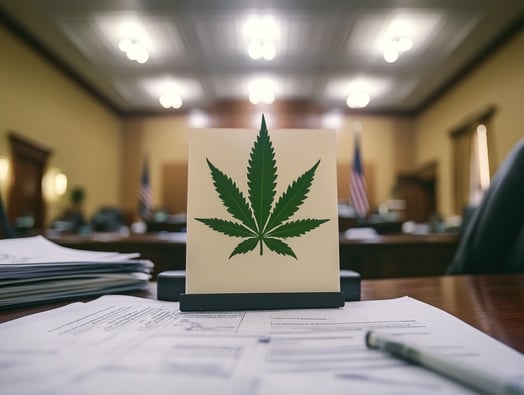Alabama is on pace to go another year without a functioning medical cannabis system, even though lawmakers legalized it back in May 2021. Four years later, patients and caregivers remain frustrated, and many are asking the same question: what’s going on? Recent developments suggest movement, but progress remains tied up in procedures and legal reviews that continue to slow the rollout of medical marijuana access.
The Alabama Medical Cannabis Commission (AMCC) faced lawsuits over how licenses were handled. After multiple voting rounds and a prolonged court battle, the appeals court directed that license awards and applicant reviews be vetted through hearings before an administrative law judge. Dispensary license cases have been heard, and hearings for integrated facility licenses covering cultivation, processing, transport, and retail are now underway. These steps matter because the structure and quality of the program ultimately determine how quickly patients can access medical marijuana products.
According to the AMCC, a key administrative rule from the Alabama Board of Medical Examiners states that no physician permits can be issued until at least one license for each category cultivator, processor, secure transporter, and dispensary has been awarded. The commission reports it has already issued licenses to cultivators, processors, and secure transporters. One critical gap remains: a dispensary license. Without it, physicians cannot be permitted, and patients cannot begin lawful treatment with medical marijuana.
The commission has indicated that the outcome of the dispensary hearings could represent a significant step forward. Even a single approved dispensary license would unlock the next phase physician permitting moving Alabama closer to operational patient access. That single action would finally align the infrastructure across the supply chain, paving the way for the first legal purchases of medical marijuana within the state.
For patients, these distinctions can feel academic. People coping with chronic pain, PTSD, or other qualifying conditions have been waiting since 2021 to talk to a permitted doctor, receive a recommendation, and find a regulated dispensary. Each procedural delay pushes back safe access to medical marijuana, prolonging the reliance on unregulated alternatives or forgoing potential relief altogether.
If the pending dispensary decision lands, Alabama can transition from courtroom arguments to real-world implementation, where compliance, education, and patient safety come to the forefront. In a best-case scenario, the dominoes fall quickly: physician permits are issued, dispensaries open, and patients finally gain consistent, regulated access to medical marijuana.
Until then, the timeline hinges on the administrative process. The moment one dispensary license is finalized, the tightly interlocked rules should allow the state’s framework to activate, delivering on the 2021 promise of medical marijuana for Alabamians who qualify.





